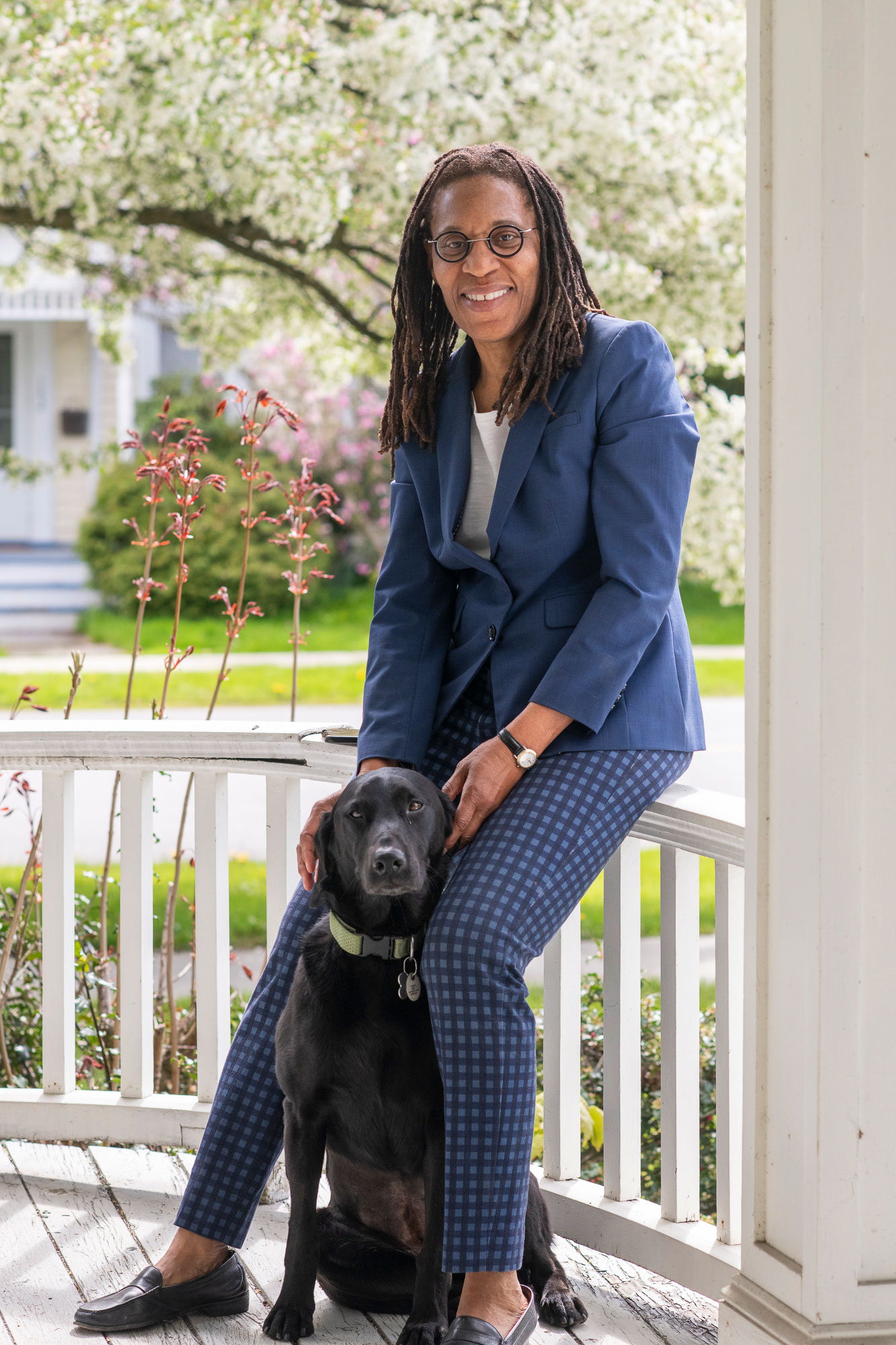Based in Poultney, Vermont and launched in September 2020, MadFreedom was founded to address the grim reality that in the United States, we have the highest rates of unemployment, the highest rates of disproportionate incarceration, are most likely to be killed by police, and die 20 to 25 years prematurely. Sixty-eight percent of Americans do not want us marrying into their families and 58 percent do not want us in their workplace. While most of us are able to work, surveys of U.S. employers reveal that 50 percent are reluctant to hire someone with a past psychiatric history, approximately 70 percent are reluctant to hire someone currently taking antipsychotic medications, and 25 percent say they would fire someone who had not disclosed a mental illness. We are the butt of jokes on late night television, scapegoated for gun violence and routinely demeaned in the media. When past American presidents have referred to their detractors as “psycho” or “crazy,” the media have reprinted these epithets without a murmur of critique.
If we are to ever achieve our full rights as human beings and citizens, we must acquire political power. MadFreedom seeks to build a movement to acquire that political power to end the oppression and discrimination against us.
MISSION
MadFreedom is a human and civil rights advocacy organization whose mission is to secure political power to end discrimination and oppression of people based on perceived mental state.
VISION
MadFreedom envisions a world where every person regardless of race, gender, sexuality, ableness, class and mental state has the freedom to live their life on their own terms without coercion and with equality under the law.
Latest News
FAQs with MadFreedom’s Founder
About the Founder
Wilda L. White is the founder of MadFreedom. Wilda is a psychiatric survivor and life-long activist who has been involved in the gay rights, civil rights, and women’s movements. She’s a former executive director of Vermont Psychiatric Survivors and was the inaugural chairperson of the Vermont Mental Health Crisis Response Commission. She was a name partner in a San Francisco litigation law firm, an Assistant City Editor at the Miami Herald during the time the newspaper won a Pulitzer Prize for Public Service, a management consultant with McKinsey and Company, and the inaugural executive director of the Thelton E. Henderson Center for Social Justice at the University of California Berkeley School of Law, her alma mater.
Wilda served as a director of the San Francisco Trial Lawyers Association and as a director of the Oakland Unified School District, as a Jerry Brown appointee during the time he served as Mayor of Oakland, California. Within one year of her co-founding an Oakland, California community development organization, the San Francisco Business Times named Wilda one of the 10 most powerful people in Oakland.
In addition to holding a law degree, Wilda also earned an MBA, with distinction, from Harvard University Graduate School of Business Administration. Wilda is also licensed to practice law in New York, California and Massachusetts.
Wilda lives in Dorset, Vermont (USA) with Marley, her black lab.

